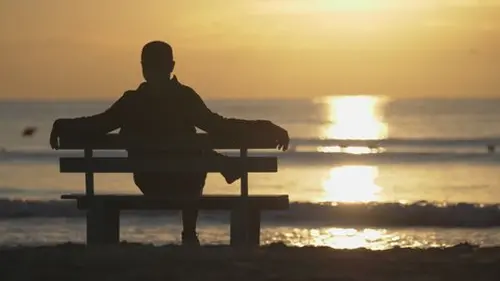The weight on my tongue

Today, I was honored to close our church service with a prayer. But as I began to speak, something unexpected happened. Instead of using English like I usually do, I felt a strong desire to pray in my native language. It was a language I grew up speaking at home, but somehow, it felt foreign on my lips.
When I struggled to find the right words, I realized how rusty I had become. My mind went blank, and my tongue stumbled over the familiar sounds. It was like trying to ride a bike after years of not using it - the memory was there, but the muscles had forgotten.
Finally, I managed to finish the prayer, relieved that the ordeal was over. But to my surprise, two people approached me, curious about why I chose to pray in my native language. I was taken aback - wasn't this our language, the one we spoke at home and in our community?
Their questions made me realize how much Western education had influenced us. We had been taught to prioritize English, to see it as the language of progress and sophistication. Our own language, the one that was once so dear to us, had become secondary, a relic of our past.
I felt sad thinking about how we had abandoned our language, our culture, in pursuit of modernity. We had been made to believe that our language was inferior, that it wasn't good enough for formal settings like church.
But today, as I struggled to pray in my native language, I realized that it was still a part of me, deep in my soul. It was a connection to my roots, my family, and my community. And I knew that I wasn't alone - many of us still spoke our language at home, still cherished it in our hearts.
From now on, I've made a promise to myself to use my native language more often, especially in settings like church where it matters most. It may feel uncomfortable at first, but I know that it's a vital part of who I am, and it's worth fighting for.
When I struggled to find the right words, I realized how rusty I had become. My mind went blank, and my tongue stumbled over the familiar sounds. It was like trying to ride a bike after years of not using it - the memory was there, but the muscles had forgotten.
Finally, I managed to finish the prayer, relieved that the ordeal was over. But to my surprise, two people approached me, curious about why I chose to pray in my native language. I was taken aback - wasn't this our language, the one we spoke at home and in our community?
Their questions made me realize how much Western education had influenced us. We had been taught to prioritize English, to see it as the language of progress and sophistication. Our own language, the one that was once so dear to us, had become secondary, a relic of our past.
I felt sad thinking about how we had abandoned our language, our culture, in pursuit of modernity. We had been made to believe that our language was inferior, that it wasn't good enough for formal settings like church.
But today, as I struggled to pray in my native language, I realized that it was still a part of me, deep in my soul. It was a connection to my roots, my family, and my community. And I knew that I wasn't alone - many of us still spoke our language at home, still cherished it in our hearts.
From now on, I've made a promise to myself to use my native language more often, especially in settings like church where it matters most. It may feel uncomfortable at first, but I know that it's a vital part of who I am, and it's worth fighting for.
